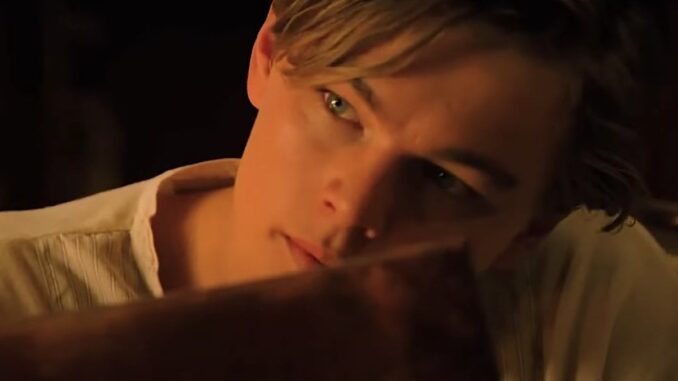
The Shifting Tides: When a Colossus Finally Yields
For nearly three decades, James Cameron’s Titanic stood as an almost unassailable monument in the annals of cinematic history. Its box office receipts weren’t just numbers on a ledger; they were a global declaration, a testament to a film that transcended language barriers, cultural divides, and even personal taste to become a shared experience for an entire generation. To say it dominated was an understatement; it was the Everest of the film industry, an unreachable peak that seemed destined to hold its ground indefinitely, a frozen-in-time testament to the power of spectacle, romance, and tragedy.
The year 1997 feels like a distant epoch now. The internet was still a burgeoning wild west, smartphones were the stuff of science fiction, and the communal cinema experience was still the undisputed king. Into this world sailed Titanic, a meticulously crafted period piece that dared to intertwine a fictional, passionate romance with one of the 20th century’s most infamous disasters. It was a perfect storm: Leonardo DiCaprio and Kate Winslet as the irresistible, star-crossed lovers; the awe-inspiring, then-groundbreaking visual effects that brought the doomed liner to life (and death); the sweeping, unforgettable score; and a marketing blitz that transformed a three-hour epic into an absolute must-see event. Families went, couples went, friends went, and then they all went again. Its legacy wasn't just in the billions it amassed, but in the collective memory of tears shed, hearts soared, and the universal hum of Celine Dion’s "My Heart Will Go On" echoing from every radio. Titanic wasn't just a movie; it was a cultural phenomenon, a watermark of the late 20th century.
Yet, time, like the ocean itself, is an relentless force, constantly reshaping the landscape. And so, after nearly three decades of its colossal shadow stretching across the global box office, the inevitable has happened: Titanic's record has fallen. A fresh challenger, a new titan born of a different era, has finally surpassed it. This isn't merely a statistic; it's a symbolic passing of the torch, a seismic shift that speaks volumes about how cinema, technology, and global entertainment consumption have evolved.
The new record-holder, born of the 21st century's technological prowess and globalized market, represents a different beast entirely. Where Titanic relied on a blend of practical effects and nascent CGI, its successor often leverages cutting-edge digital landscapes, motion-capture performances, and immersive 3D or even higher-frame-rate experiences that were unimaginable in 1997. It speaks to an audience that grew up with visual effects as a norm, accustomed to expansive, intricate worlds built pixel by pixel. Its marketing is less about the communal watercooler talk and more about algorithmic precision, social media virality, and trailer drops that ignite instant global conversations. It taps into different zeitgeists, perhaps focusing more on intricate mythologies, multi-layered franchises, or profound escapism into realms far removed from historical tragedy.
The fall of Titanic's record isn't a diminishment of its enduring power, but rather an affirmation of cinema's perpetual ability to reinvent itself. It reminds us that no artistic achievement, however grand, is immune to the march of progress and the changing appetites of the world. Titanic was a product of its time, perfectly crafted for its audience. The new challenger is equally a product of ours, utilizing contemporary tools and narratives to captivate a new generation.
In the end, these box office records are more than just financial benchmarks; they are cultural time capsules. They reflect not only the success of a particular film but also the prevailing trends, technological capabilities, and collective desires of the era in which they dominated. Titanic will forever remain a landmark, a story of human drama against an epic backdrop that captured hearts worldwide. But its yielding of the crown signifies that the cinematic ocean, far from being still, continues to churn, bringing forth new waves, new stories, and new titans to capture the imagination of a constantly evolving global audience. The old king has retired, not in defeat, but having gracefully passed on its reign to a worthy successor, ensuring the magic of the movies sails ever onward.
